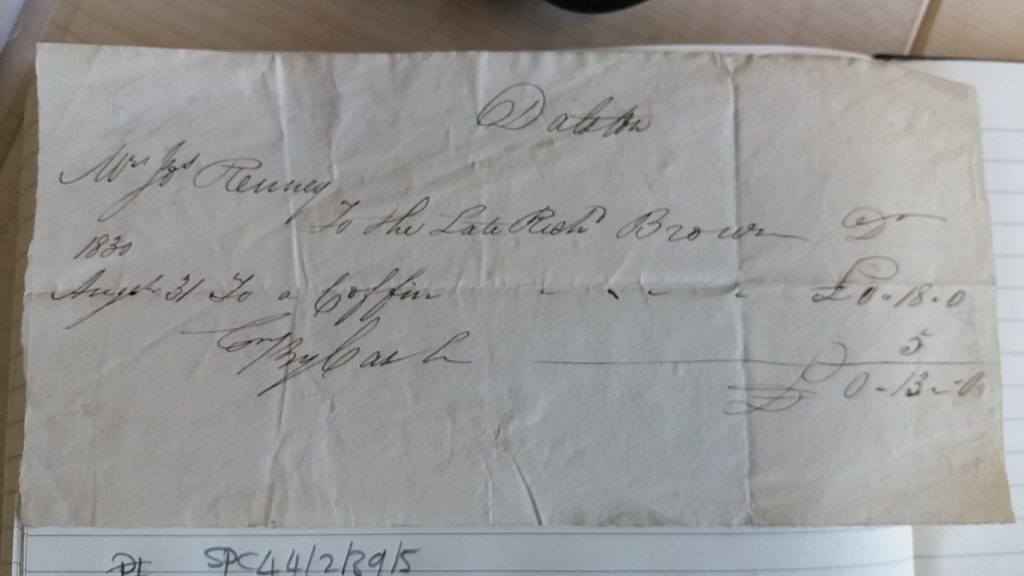
Figure 1: Cumbria Archives, SPC44/2/39/5, Richard Brown, 31 August 1830.
The overseers’ voucher above for a coffin, dated 31 August 1830, is addressed to ‘the Late Richard Brown’.[1]
A memorial stone in Dalston records:
Erected
to the memory of Richard Brown, of Dalston
who died August 26th 1831
Aged 68 years
Also of Matilda, his wife
Who died December 11 1831,
Aged 67 years
Also of Elizabeth, their daughter
Who died March 31st 1799
Aged 7 years
Also of Richard, their son
Who died December 18th 1811
Aged 11 years.[2]
Brown was a joiner and undertaker. According to James Wilson he had ‘a wooden shanty in the small garth by the Grammar School, belonging to Mr Jackson … “He [X] dropt down dead when screwing down a coffin at the New Rookery: Dr Watson tried to blood him, but without effect”’.[3]
The question that arises is whether the Richard Brown (deceased) named in the voucher is the same Richard Brown whose details are recorded on the memorial, even though there is a discrepancy of a year in the dates. It might simply be that the person who wrote the bill, put ‘1830’ instead of 1831, or that James Wilson made an error when transcription error in his
Monumental Inscriptions.
[1] Cumbria Archives, SPC44/2/39/5, Richard Brown, 31 August 1830.
[2] James Wilson, The Monumental Inscriptions of the Church, Churchyard and Cemetery of St Michael’s, Dalston, Cumberland (Dalston, W. R. Beck, 1890), 6.
[3] James Wilson, The Monumental Inscriptions of the Church, Churchyard and Cemetery of St Michael’s, Dalston, Cumberland (Dalston, W. R. Beck, 1890), 140.